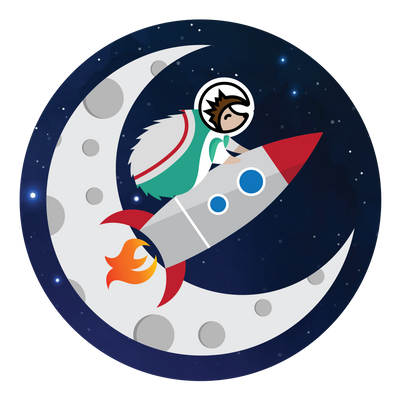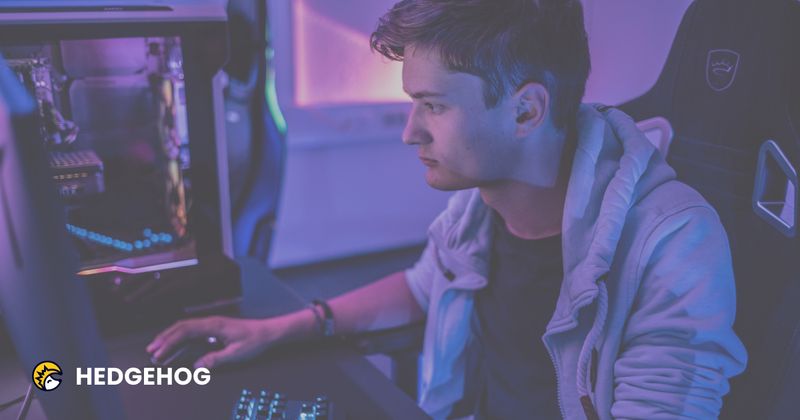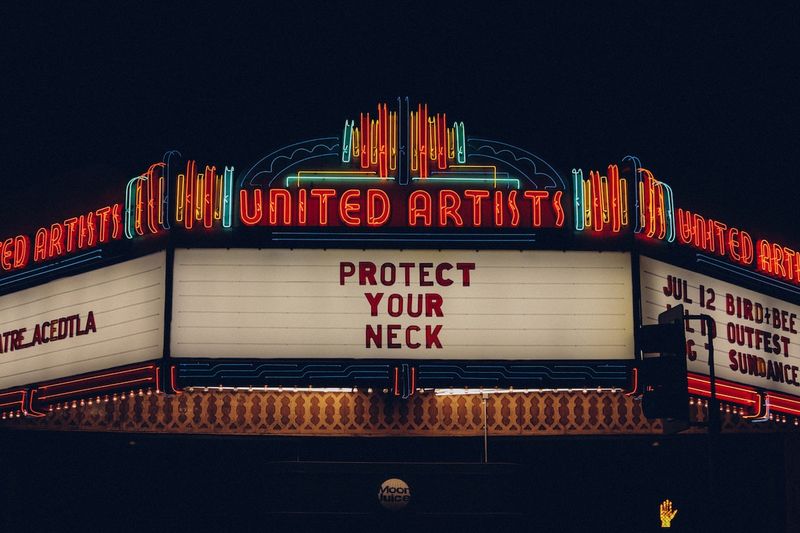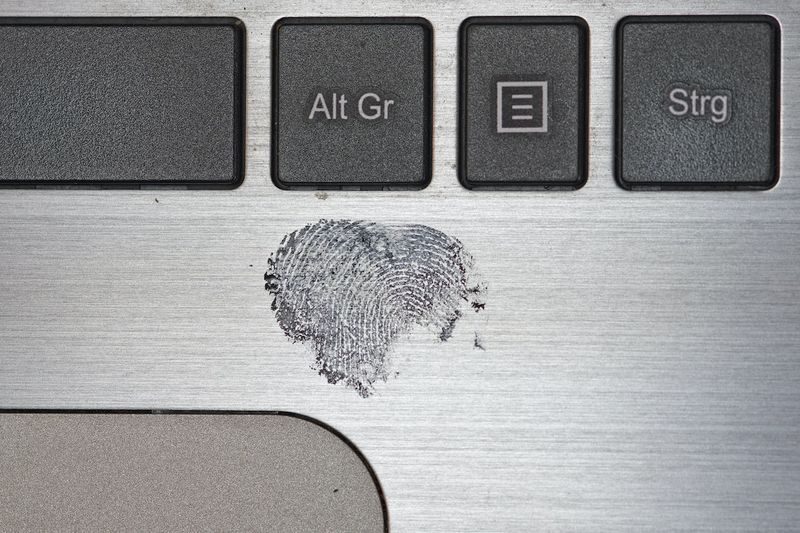Gala Games is a gaming platform built for NFTs. What does that mean in practice? To start with, in-game items are NFTs that players can actually own, just like any other blockchain asset. This includes the ability to buy or sell on third-party marketplaces, for example OpenSea.
In a 2020 manifesto about plans for the Gala ecosystem, the company itself explained the NFT gaming dynamic and how different it is from the standard centralized model:
If you win a magical sword in a game on the Gala Game Platform, it is yours. It is a verifiable asset on the blockchain you can trade to another person or play with in-game. We do not have the power to take the sword away from you. We can't stop another company from making a game where the sword is also in use.
Gala also aims to decentralize gaming infrastructure and has been designed around that goal. The architecture that runs this platform does not sit solely in a large server farm run by the company. It is stored in "Founder's Nodes." This allows the community to combine their storage and computing resources to run the platform. Gala is working on adding other types of nodes to the network.
The data moving back and forth amongst these nodes is important, so why would all of these volunteers act with the best of intentions? Well, they're not exactly volunteers. Every user who wishes to run one a Founder's Node must purchase a license along with agreeing to terms. At the time of this writing, the cost is 2.9 million GALA or approximately $95,400 U.S. Dollars. In return, participants presumably hope that demand for GALA will go up, increasing the worth of their stake. Active nodes receive token distributions and exclusive NFTs to use or sell within the ecosystem.
However, Gala is insistent that Founder's Nodes are not an investment, and cautions buyers not to expect ROI:
Whether you have purchased a node license or are considering purchasing a node license, one of the most important things to remember is that you are not an investor in Gala Games. The node license is a product sold by Gala Games, and even though it comes with the ability to earn GALA tokens and NFTs as rewards for operation, there should be no expectation of profit or return. Node operators must be part of our ecosystem because they believe in our mission and our vision of empowering the world through play. A Gala Games node is not an investment.
Enough about the network design — what is it used for? In short, the Gala Games special sauce is that the data is distributed across a network of nodes run by the community, and all of the in-game items are NFTs that hold value outside of the game.
Players participate using a cryptocurrency token economy centered around the GALA token (built on Ethereum) and gaming NFTs. You can purchase tokens or earn them in-game to use anywhere in the ecosystem. In many ways Gala is similar to Steam, the world's largest digital distribution platform for PC gaming software.
But not exactly like Steam. In the vision document from 2020, Gala laid out a bold vision for collaborating with other game creators:
Studios that publish content on the Gala Games Network are able to release NFTs using the Gala Games protocols and tool kits currently under development. It is our goal to make it easy for any company to quickly and easily add their game to the Gala Games Ecosystem with toolkits to produce standardized crypto packages, NFT libraries, and wallets to be integrated into their games. These studios are approved by a majority vote of the Gala Games Full Node holders (both “Founder’s Nodes” and “Paid” nodes…more on these later). These Game Studios will be granted “Game License” NFTs by the Gala Games Ecosystem that will give them access to the Gala Games Ecosystem.
The NFT marketplace is another feature that makes GALA stand out at the moment. A lot of the NFT gaming industry relies on secondary marketplaces to sell or trade their NFTs. Gala is compatible with third-party marketplaces, but also houses its own. For example, if you wanted to play a first-person shooter, you could purchase a brand new weapon NFT to use in that game. Once you are done with it you could give it to your friend or sell it on the market. Your in-game item holds value even if you no longer play the game. All of this occurs in the Gala application.
This all-inclusive ecosystem has attracted some AAA game makers with development already underway, for example Battlestar Galactica Eternity by Revolving Games. Another notable name is Walking Dead Empires by Ember Entertainment. Some games in the Gala ecosystem are already available, such as Spider Tanks (live) and Townstar (beta). The Western game Grit is in the playtesting phase.
Gala Games assets have attracted some pretty serious investment. According to a Wall Street Journal story published in March 2021:
A group of people last month paid $1.6 million for Citadel of the Stars, a large kingdom in the unreleased fantasy role-playing game Mirandus, said Eric Schiermeyer, a co-founder of Zynga and now chief executive of Mirandus creator Gala Games. That purchase topped the $1.5 million paid for nine adjacent plots in the virtual pet universe Axie Infinity.
Currently Mirandus is still under development. From the same WSJ story:
Mr. Russo, of Polyient Games, said his firm invested $800,000 in Mirandus's Citadel of the Sun, another kingdom in the game, which is set to release a test version later this year.
Polyient Games is considering charging gamers who traverse its kingdom as part of a mission — the digital equivalent of a toll road. They also plan to split the digital land into smaller plots that the company can sell to other gamers, which those players can then monetize, said Russo.
Ambitions like Polyient's may have cooled during the ongoing crypto winter, but it's an intriguing sign of the potential people see on the Gala platform. Not just firms but individuals have gotten involved:
Valentin Negron, who runs a cryptocurrency-focused YouTube channel called Crypto Val, said he paid two ethereum for an outpost in Mirandus. That was equivalent to about $1,000 at the time of his purchase.
A similar outpost, which is now sold out in the game’s marketplace but still available on the secondary market, was listed on the third-party NFT exchange OpenSea for about three ethereum or about $6,000 at time of publication.
Mr. Schiermeyer of Gala Games said two dedicated players in the Philippines are in the process of buying a house — in the real world — with their earnings from another NFT-enabled game by Gala, Town Star.
What does the future hold? It remains to be seen. Not everyone is optimistic. A recent comment in the Gala Games Discord laid out the bear case for investing in assets on the platform:
It's pretty obvious that the selling by node owners and possibly any other players cashing out whatever they can (while it's still slightly above zero 😅) are the reason for low price. There's just no people wishing to keep buying spider tanks for thousands of $$ for some weird reason
Prices were always ridiculous in the store, I still don't understand the users who were buying all this stuff, when there's no clear picture about market size and real demand or volume or history behind these assets, it's all an early stage experiment but people were ready to speculate and bet huge sums of $ on possible future utility in games we barely know anything about
Not that I'm saying it's bad, I'm very happy that such speculators and players exist, otherwise we won't have any of this fun going on, but just can't understand what motivates people to buy stuff for insane price tag even if they don't know what's the maximum number and how many more series and copies will be issued into the game, with similar functionality etc.
In the meantime, as Gala and the partner studios continue to develop their video games, believers in the platform can support the team by purchasing Gala Gold or joining the Gala Blue Realm, both of which give buyers access to exclusive communities-within-the-community of other dedicated crypto gamers.
Or hey, if you're not ready to commit, give Spider Tanks a whirl and see how you like it! "Spider Tanks is free to play, but also incorporates a variety of play-to-earn mechanics, centering around skill-based competition, resource collection, and a player-driven upgrade cycle." Get a taste of crypto gaming to find out if it suits your style.






